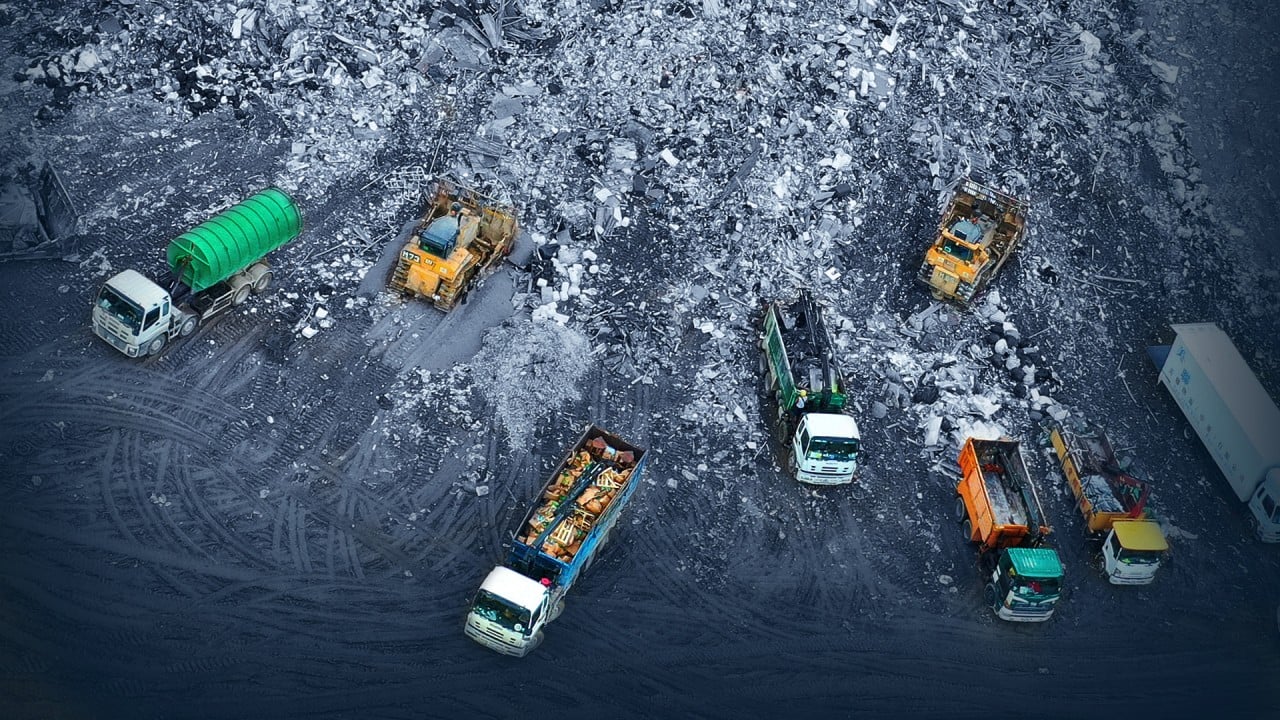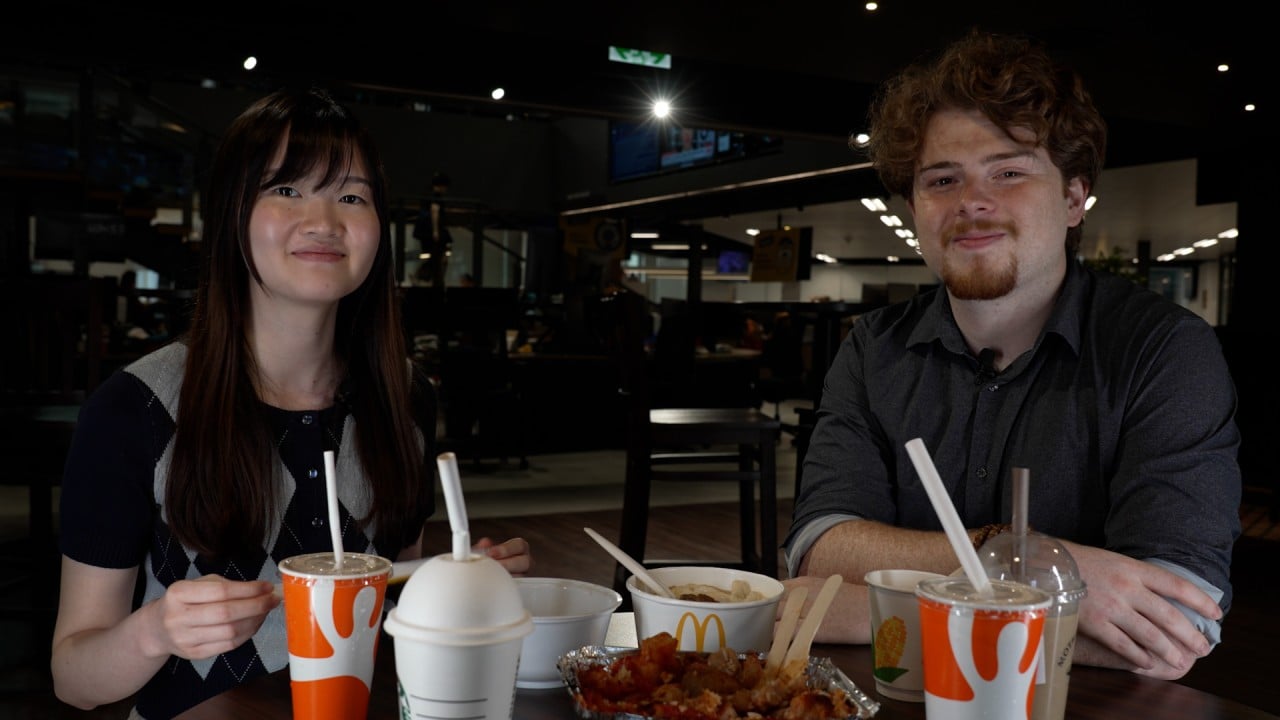In September 2013, the Council for Sustainable Development launched the second phase of public engagement to better understand public views on the relevant operational details. The results and recommendations were published in 2014 and submitted to the Legislative Council in early 2015.
This led to a working group consisting of senior officials from the EPD, Food and Environmental Hygiene Department, Housing Department and Home Affairs Department, with the objective of steering and coordinating the preparation work for the waste-charging scheme. If this group had done its work properly, many of the problems we face today would not exist.
A six-month pilot scheme involving seven residential estates was organised by the EPD back in April 2014, to collect waste disposal data and views from participating residents.
Instead, Hongkongers are now being asked to accept waste charging while anticipating different hurdles when the scheme kicks in.
Another missing link is the lack of convenient recycling facilities, both for general and food waste, which has further intensified public opposition.
Unfortunately, the authorities face a dilemma. To procrastinate again after two recent delays will badly damage the credibility of the administration, and Chief Executive John Lee Ka-chiu will not want to see this.
But to enforce the scheme in August as planned is likely to mean a messy waste disposal situation, which is, again, not what Lee wants to see.
To avoid these outcomes, Lee should go ahead with the waste-charging scheme as scheduled by getting all government offices, restaurants on government premises and civil servants’ residential blocks to be the first core batch to take part officially. That means that they would need to dispose of their garbage in designated bags or pay according to weight.
I am aware that some businesses and organisations are prepared for the waste-charging scheme. They should be offered incentives to join the scheme simultaneously.
In this way, the EPD with the genuine support of other departments, can hopefully buy time to improve recycling facilities and strengthen much-needed environmental public education within, say, six months.
Should Lee take this step, it will show us that the largest employer in Hong Kong means what it says and is committed to working out the most eco-friendly and effective approach. Lee can then expect all of us to accept the full implementation of the scheme in February 2025 with our minds at ease.
Political leaders should keep the scheme immune from political harassment and help facilitate its soft landing, rather than make noises about a third delay.
Edwin Lau Che-feng is executive director of The Green Earth



